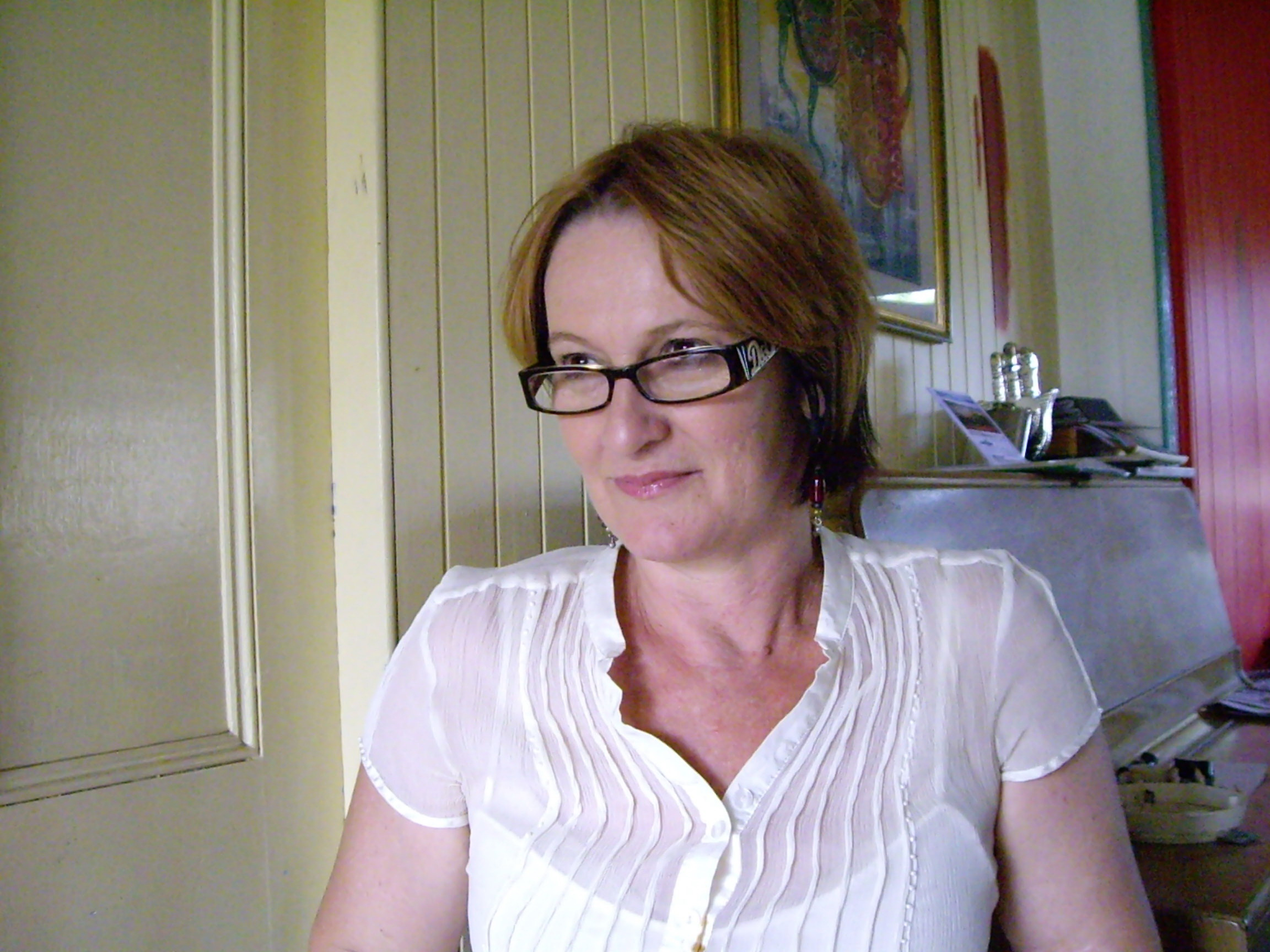
| current issue |
| archives |
| submissions |
| about us |
| contact us |
| short story competition |
| editorial blog |
sponsored by

Committed by Elizabeth Gilbert reviewed by Sandra Hogan |
|
Committed is the more and it ends, traditionally enough, with a wedding. Gilbert marries Felipe, the charming Brazilian and lives, we hope, happily ever after. But Gilbert is not really a happy-ever-after kind of girl and this is a very different kind of book from Eat, Pray, Love. Where the first memoir was full of discovery and delight, this one is full of angst. Gilbert and her lover did not want to get married. This is an understatement—they were terrified of marriage. They knew, from experience, that it was easy to get married and hard to get unmarried. They knew divorce was expensive, bitter and probably not something you ever completely recover from. They loved each other; they wanted to live together and be faithful to each other but they did not want church or state to get involved in that private transaction. That was working fine until fate, in the form of the Office of Homeland Security, got involved. In short, they had Green Card problems. Felipe was not a resident of the United States and he was told he could not enter the country ever again – unless they married. She studied the history, the philosophy and the psychology of marriage from books selected over the internet in Cambodia, Laos or Thailand. She also interviewed her friends and family about marriage as well as people she met in small Asian villages. Gilbert is a curious, determined researcher and she comes up with some fascinating information about the institution of wedlock. I was interested, for example, in the role of the church in marriage: initially the Christian church was firmly opposed to marriage and, it was only after centuries of resistance, that it reluctantly gave in and endorsed it. Later it discovered it was much more powerful to promote it actively and, in the case of some churches, to get deeply involved in the conduct and management of married life. But Gilbert’s scope was not just a light-hearted survey of marriage practices – it was a deadly earnest attempt to understand its purpose and find a way to live with it as well as her man. She asked all the tough questions we should ask ourselves about marriage like: Who is it good for? Can we remain autonomous individuals and still be married? What is the relation between marriage and love? And between marriage and property? What can we reasonably expect from marriage? Committed is at its best in the chapters where Gilbert is most personal, facing her own fears and writing about the pre-nuptial negotiations between her and Felipe about marriage, which occur under great pressure. She seems honest and tough-minded enough to be a good witness. It’s a book I would give to people planning to marry and to those married people struggling with the state. It’s often insightful and wise. It offers perspective. It’s witty and readable. But, as with marriage, expectation is everything. Don’t expect a repeat of the glorious, joyful pleasures of Eat, Pray, Love. It’s just not that kind of a book. About the Author
You can read her essay 'Unfinished business: why science still hasn’t vanquished religion' in a previous issue of Perilous Adventures by clicking here. * |

